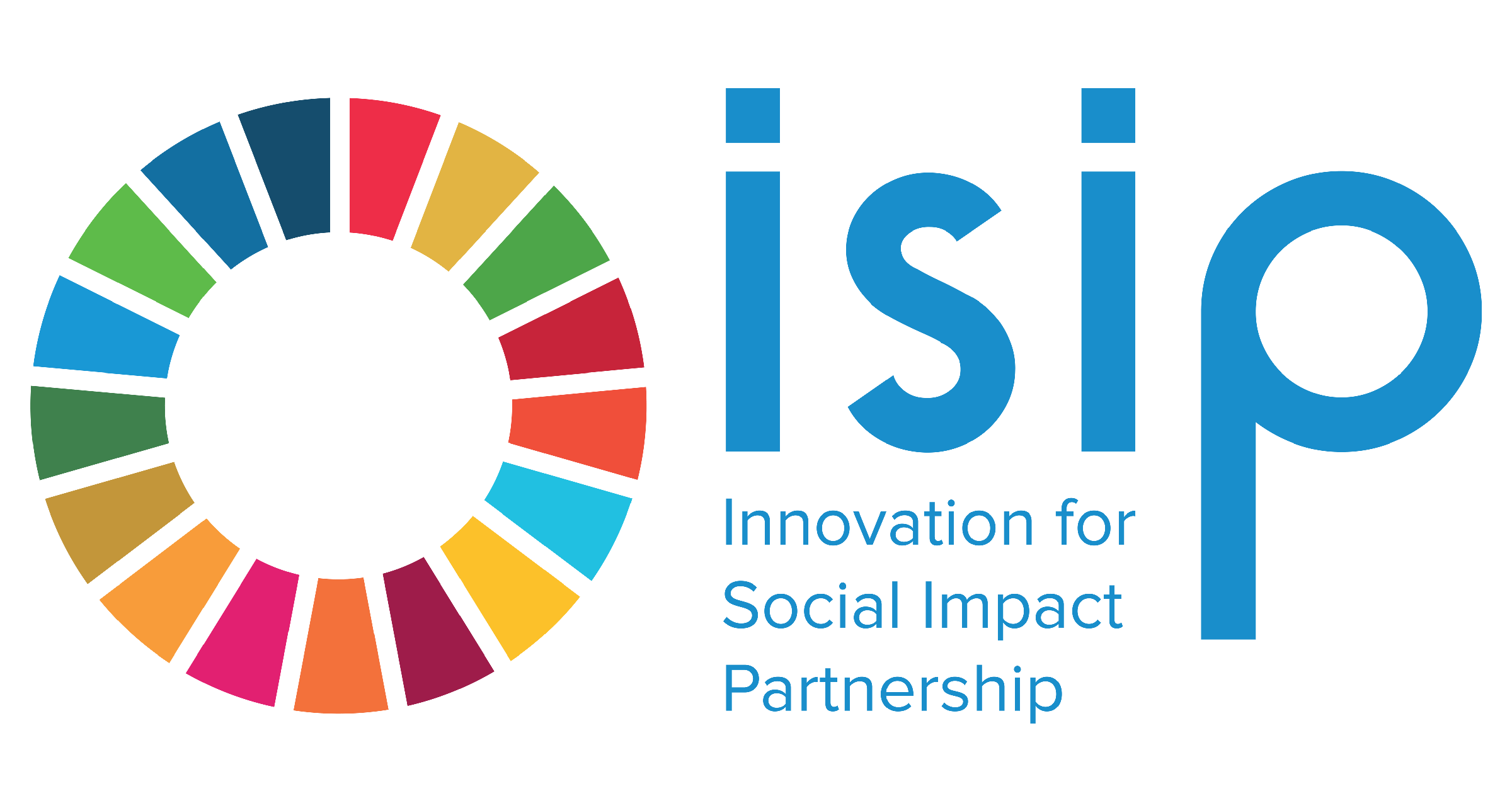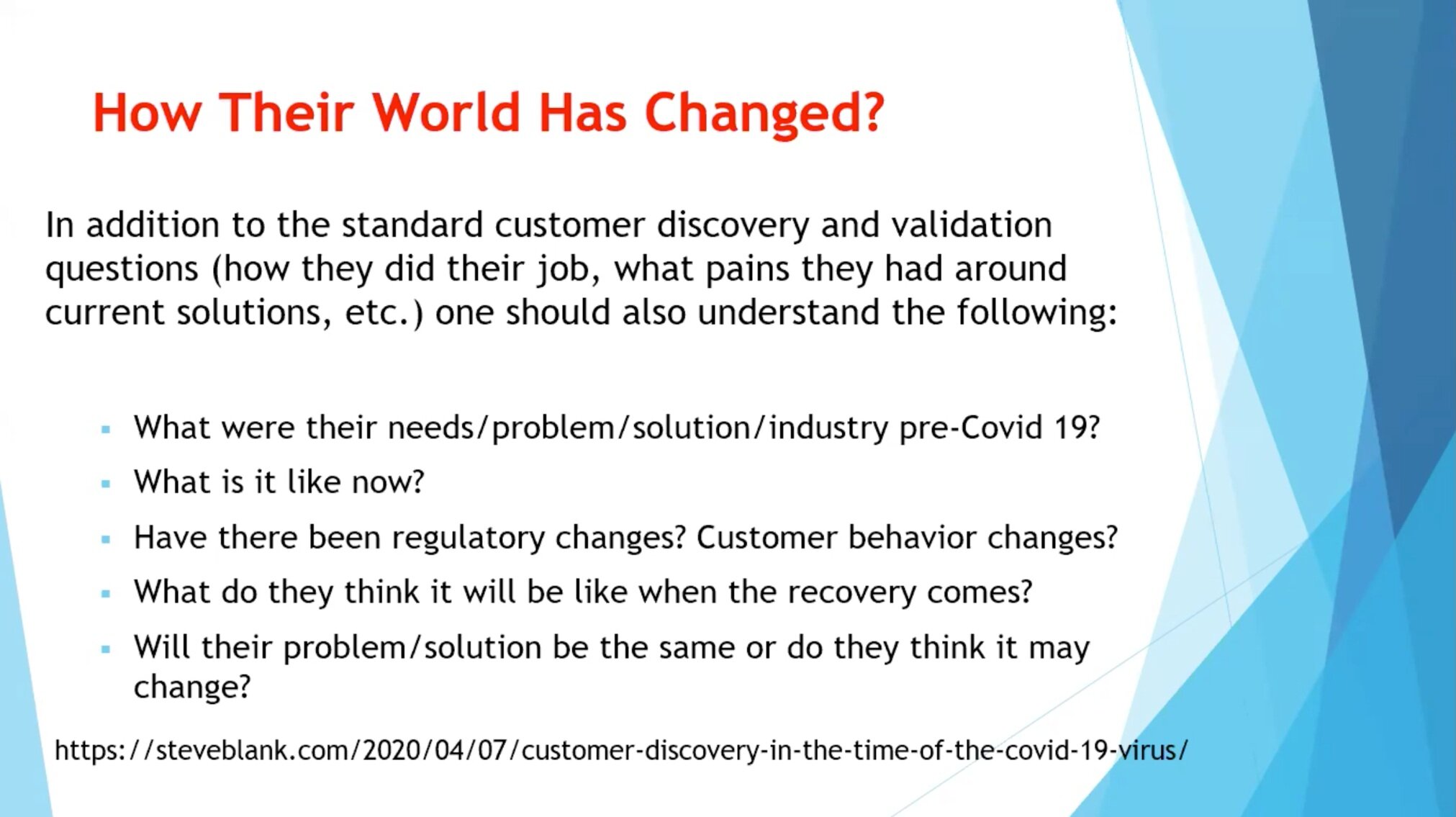Incubate the Future: Building Back Better University-based Technology Business Incubators
by Bella Angela Del Rio
“When COVID happened, it is programs like this that give us hope; that global engagements are possible during and after COVID,”
Technopreneurs take center stage as they transcend the world of business. They question how processes are usually done, think of ways to pivot and use technology as a solution to disrupt the economy.
Education institutions have an immense contribution in influencing students to take on the technopreneurship track. Higher Education Institutions (HEIs) in the Philippines, such as the Eastern Visayas State University (EVSU), influence their students through their technopreneurship incubator programs. EVSU officially launched their Technology Business Incubator last 2019; unfortunately, due to the COVID-19 pandemic, their incubator could not take off right away. This poses a new challenge for Technology Business Incubators (TBI) in the Philippines, like EVSU, 'How might we incubate future technopreneurs with an ongoing pandemic?'
Through Innovation for Social Impact Partnership’s Visiting Professors Activity, HEIs are guided by international professors to equip them with a global perspective and the necessary skills and best practices in molding future technopreneurs.
Part of the Conversation
Due to several movement restrictions during the pandemic, bringing in international professors to the Philippines has been paused to ensure the professors’ and participants’ safety. Although this became a difficulty for the program, this year's cohort has adapted to the new normal by going virtual, showing that global engagement is still possible.
Dr. Esther Obonyo, an Associate Professor of Engineering Design and Architectural Engineering at Pennsylvania State University, was successfully deployed in last year’s Visiting Professors Activity at Batangas State University and Saint Louis University. This year, she returns for another cohort to see what the education system looks like today in the Philippines. [READ: A Visiting Professor’s Journal: Esther Obonyo]
"I want to be part of the conversations by participating in programs like this. Whether there is COVID or not, we have to figure out a way to get this done. I love the program [Visiting Professors Activity] and the model; I would like to see how it evolves. When COVID happened, it is programs like this that give us hope; that global engagements are possible during and after COVID," says returning professor Dr. Esther Obonyo.
Through the Visiting Professors Activity, Dr. Obonyo collaborated with EVSU, ideated ways to improve their TBI, and showed how they could continue to teach courses that usually require face-to-face interaction. She shared how other universities, such as Pennsylvania State University, are adapting to the new normal by moving their incubator online, interacting with their incubatees, and limiting the number of students entering campus.
"When COVID happened, there is another question that we are still asking, what do programs and courses that rely on experiential learning look like right now? And what does the future hold for us?"
Enter Into the Equation
This year, Dr. Obonyo shared her insights once again on integrating social impact and entrepreneurship in engineering education. She emphasized that Philippine TBIs don’t need convincing to embrace social impact. Instead, TBIs need assistance to search for opportunities where they can integrate social impact into engineering curricula.
She introduced how other universities teach entrepreneurship and integrate social impact assessments — providing the faculty and staff of EVSU assurance that this is possible and that they can do the same. Dr. Obonyo shared that social impact and entrepreneurship do not have to be taught separately. In engineering classes that do not have entrepreneurship as a subject, professors can assign their students a design project where students would have to conduct a social impact assessment, that in itself would be teaching social impact.
Dr. Obonyo has also shared the importance of encouraging students (the future social entrepreneurs) to create companies that serve multiple purposes, such as addressing environmental problems and employing those in poverty.
“Philippine TBIs don’t need convincing to embrace social impact. Instead, TBIs need assistance to search for opportunities where they can integrate social impact into engineering curricula. ”
"It is worth taking time to get to know your students and what inspires them because many times, that's a valuable source of information," says Dr. Obonyo.
In building back better, university-based TBIs should provide startup-incubatees with the right tools and opportunities by first understanding their needs and not pressuring students to start companies right away.
"We believe that if we expose them to the opportunities and give them the support [they need], we'll get companies popping up from students and faculty members… the value becomes more apparent ten years later," says Dr. Obonyo.
New Perspective
As much as results are essential, teaching technopreneurship is not a one-size-fits-all. There is room for "noble failure" so that TBIs can embrace that failure is inevitable. Still, it allows institutions to gain new knowledge on how to deliver processes better and innovate.
“I am very idealistic that if we have a project, it should be working right away. During the deployment, Dr. Obonyo shared that there is space for noble failure where students can pivot. This opened my mind not to be that harsh to my students and encourage them to pivot if needed,” says Roxcella Reas, Administrative Staff from EVSU.
The deployment provided the faculty and staff of EVSU opportunities to broaden their knowledge of how they can empower their students. Dr. Obonyo suggested ways to engage and reach out to alumni to share their success and noble failures to inspire them to take up technopreneurship subjects.
"Students need to be empowered and given the opportunity to see how other technopreneurs could overcome the challenges they faced before becoming successful," says Mr. Roque Costiniano, TBI Manager from Eastern Visayas State University
The EVSU faculty and staff shared their appreciation for Dr. Obonyo's visit. Despite the limitations of interacting virtually, they learned from each other and utilized the shared resources.
“Though we focus on engineering, we are currently revising our curriculum to integrate new courses such as Entrepreneurship Mindset and Technopreneurship 101 to expose our students to entrepreneurship and improve their soft skills. Because of Dr. Obonyo’s deployment, we are creating EVSU’s dream of producing employers and not just employees, and also engineers who will have an entrepreneurial mindset and are risk-takers,” says Mr. Danilo Pulma, Managing Director from Eastern Visayas State University.
--
Bella Angela Del Rio is a youth advocate that aims to bring awareness towards youth's role in society, gender equality, and environmental conservation through communications and graphic design. She currently serves as the Communications Assistant for the Innovation for Social Impact Partnership (ISIP) project, empowering local social enterprises and driving the Sustainable Development Goals (SDGs) into action through design and compelling stories.





